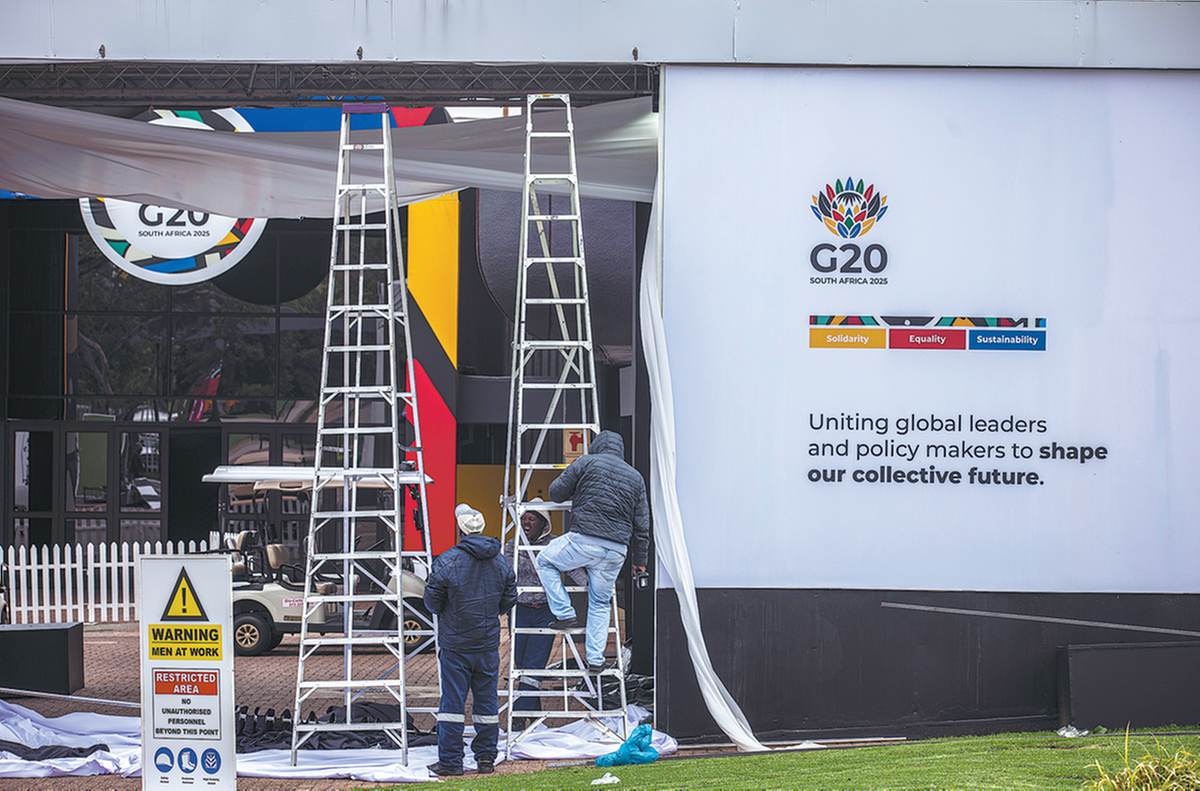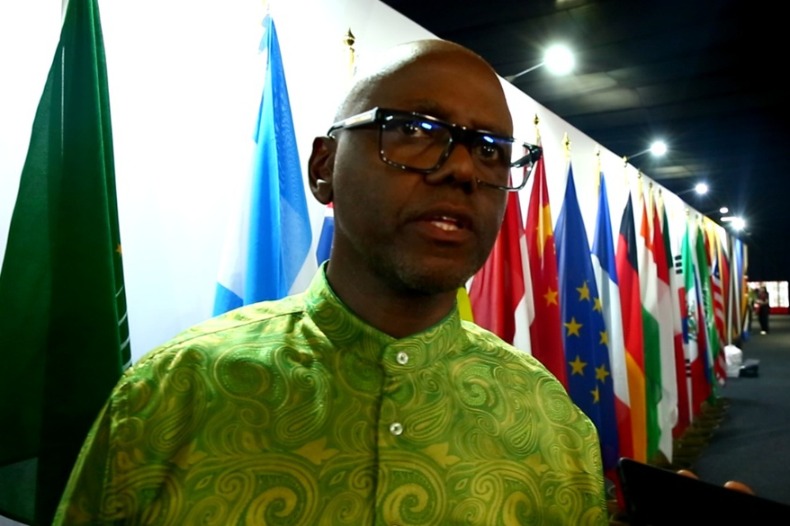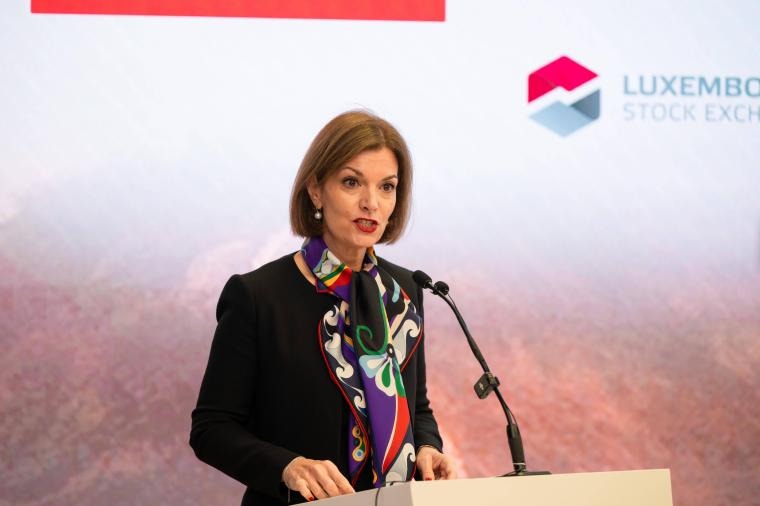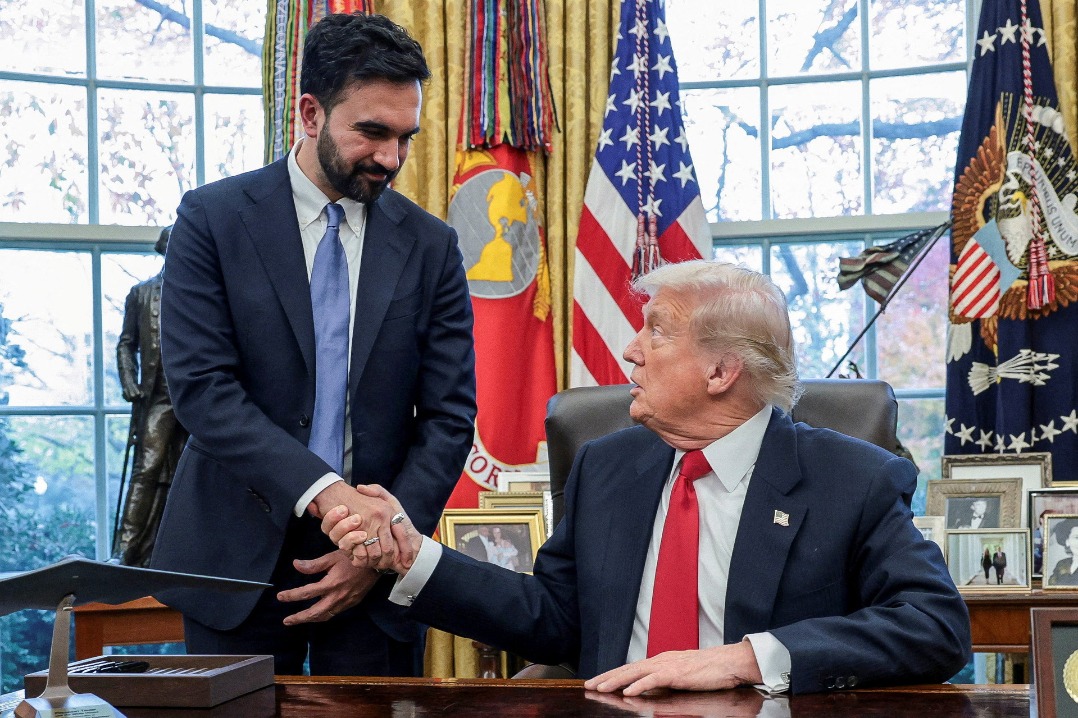G20 members boost Africa's energy transition with financial commitment


Africa's energy transition efforts and those of other developing countries were given fresh momentum on Saturday after leaders of the world's major economies committed to mobilizing financial support for the initiative.
For years, African countries had carried the weight of an unequal energy landscape — with 600 million people still living without electricity, and a billion relying on harmful smoky fires for cooking. Yet on this day, hope arrived not as a whisper, but as a declaration.
Gathered under the banner of the G20 summit in Johannesburg, South Africa, leaders acknowledged what communities across the continent have long known: that energy security was not a luxury, but the backbone of sovereignty, stability and shared prosperity.
They commended South Africa's leadership and its Voluntary Energy Security Toolkit in a declaration announced on the same day — an initiative designed to help countries strengthen infrastructure, prepare for emergencies, modernize grids, and develop the skilled workforce needed for a new energy era.
The leaders committed to helping triple renewable energy capacity and accelerate improvements in energy efficiency by 2030.
They also emphasized the urgency of de-risking, mobilizing and diversifying current and future investments in energy transition technologies and infrastructure.
"We recognize the need to accelerate and expand investment from all financial sources to bridge the global funding gap for sustainable energy transitions, especially in developing countries," the leaders said.
The leaders pledged to facilitate low cost financing for developing countries in their transition to low-carbon emissions — including through concessional finance and innovative financing, blended finance mechanisms, and risk mitigation instruments and technology support.
They pledged to advancing energy security, affordability, access, and market stability through multiple pathways and a technological neutral approach to accelerating just and inclusive energy transitions.
They said this will include increasing energy supply, improving demand-side management, and expanding and modernizing transmission networks to meet rising energy needs.
The leaders noted that those efforts will support energy systems that are balanced, reliable, innovative, secure, affordable, accessible, clean, and sustainable, in line with agreed goals and international commitments.
Speaking at the G20 Africa Energy Investment Forum held a day before the Leader's summit, Kgosientsho Ramokgopa, South Africa's minister of energy and electricity, said Africa's full potential will remain unrealized until energy is both affordable and accessible.
"The energy transition is not a political debate — it is a fight for dignity. We cannot be held back by financial systems and infrastructure that do not serve us," he said.
"Brazil alone has more transmission lines than 38 African countries combined — a stark symbol of inequality. Without transmission, there is no access. If we cannot move electrons across borders, we cannot power development."
Noting that Africa requires between $90 billion and $120 billion annually in transmission investments to achieve energy reliability, Ramokgopa urged global investors to engage the continent through partnerships instead of aid.
































